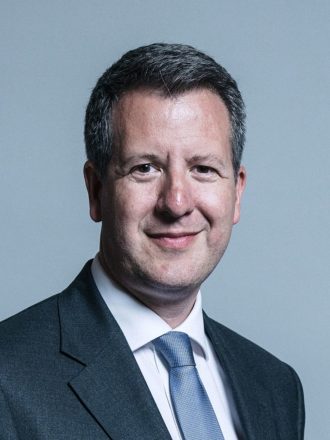
I am so old I can remember when Brexit was about “getting our money back” and “taking back control”.
I am joking, of course, but there is a serious point here too: far from getting the £350m a week of additional funding for our NHS that the Brexiters promised us in the referendum, we now know we will be paying around £40bn between now and 2064 just to settle our liabilities on leaving the EU. On top of that, the Prime Minister has said she expects the UK to continue paying into a number of EU programmes to which she hopes to be able to secure associate membership.
Last week’s withdrawal agreement contains another sting in the tail on this as it says all prices will be fixed in Euros. With markets seemingly pricing in quite a smooth outcome from the Brexit talks and also looking forward to further base rate rises from the Bank of England, the risk is a further devaluation if things go wrong will push the bill up.
On “taking back control”, the retreat has been the longest in Europe since Napoleon left Moscow. For instance, the agreement reached doesn’t just give the ECJ the power to direct Britain’s courts for the 21 months of the “transition” but until at least 2029, and perhaps for many years after that.
Ministers have never given the impression they have been interested in seeing power flow to anyone other than themselves in any case. A year ago, it took the Supreme Court to force ministers to recognise that submitting the Article 50 notice to leave Europe was such a fundamental constitutional change that it could not be decided by dictat alone.
Then they published a withdrawal bill to give themselves the power, without any parliamentary oversight, to strike down or amend legislation. That caused such a row that they eventually had to offer concessions, inadequate though they were, to ensure they did not suffer a defeat at the hands of their own backbenchers.
But, no matter, because they have now found another way to bypass parliament. To add to the irony, this new mechanism will be dependent on getting the agreement of the EU to change the laws of our country – even after we have left.
Buried inside the draft withdrawal treaty, but marked in green to indicate it has been fully agreed by both the EU and the British negotiators, lurk Articles 157, 158 and 159, which will establish a new joint committee with the power to issue instructions which will be “binding on the Union and the United Kingdom, and the Union and the United Kingdom shall implement them”, provided both the EU and UK side agree and the decisions relate to the scope of the withdrawal agreement itself.
Such binding decisions “shall have the same legal effect as this Agreement”. In other words, once we incorporate the withdrawal treaty into British law we will be handing government ministers the power to bypass parliament on anything that currently falls inside the competencies of European law.
It is an audacious proposal and would effectively grant Ministers of the Crown the sort of powers that once-upon-a-time sparked historic conflicts over the rights of the people to be sovereign in our country. And by incorporating it into an international treaty, these powers will be beyond the recall of parliament itself unless we took the extreme act of unilaterally abrogating the agreement.
Far from restoring power to a sovereign legislature as promised, it looks like ministers are trying to roll back on the three-hundred-year-old constitutional principle that the Crown governs through parliament.
Parliament must therefore assert its rights on behalf of the people when this proposal is brought for approval.
Chris Leslie is MP for Nottingham East and a leading supporter of Open Britain.




More from LabourList
‘Unity or division’: Starmer’s message to voters in Gorton and Denton
Almost half of Labour members oppose plans to restrict jury trials, poll finds
‘How Labour can finally fix Britain’s 5G problem’